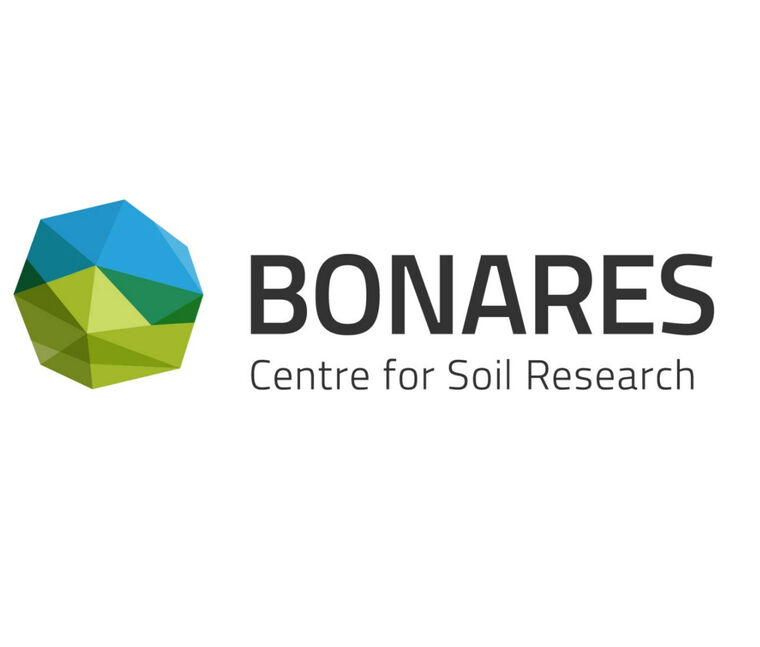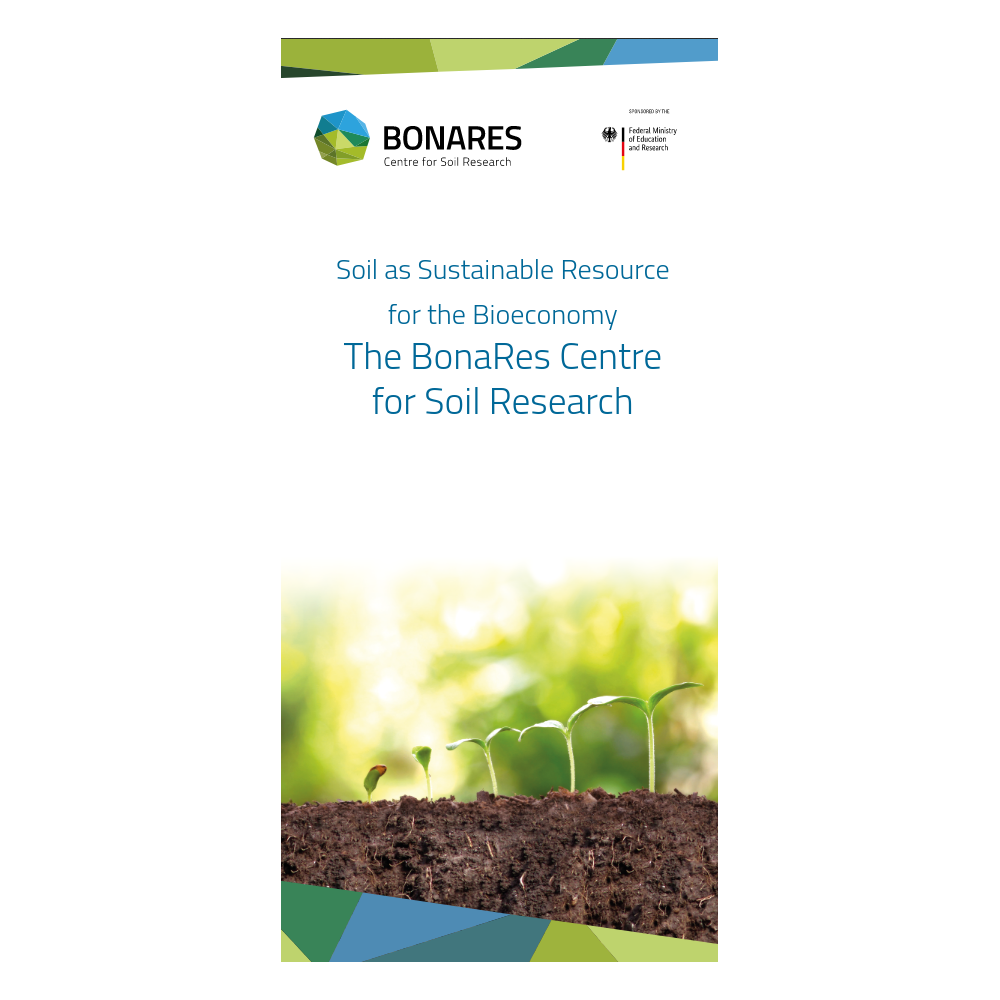Duration:
From Apr 13, 2015 until Jan 31, 2025
Target Groups:
soil research community,
biomass processing sector,
policy makers,
administration and planners,
ngos,
civil society,
farmers
About the Project:
The virtual BonaRes Centre is the coordinating project within BonaRes and supports the projects in their research on sustainable soil use. It provides research results, data, models and applications via a web portal and promotes public awareness of soil as a sustainable resource.
People and Partners
Project Leaders
Partner Organizations
Contacts
News
- Successful workshop on “Key elements in selecting a Research Data Repository”
- BonaRes data management workshop recap
- "BODIUM4Farmers" - second co-design workshop in Halle
- Success Stories on data reuse
- New publication: An open-source metadataset of running European mid- and long-term agricultural field experiments
Publications
- Facilitating Effective Reuse of Soil Research Data: The <scp>BonaRes</scp> Repository
- Modelling and spatial prediction of earthworms ecological-categories distribution reveal their habitat and environmental preferences
- Climate change causes spatial shifts in the productivity of agricultural long-term field experiments
- Assessing Soil Biodiversity Potentials in China: A Multi-Attribute Decision Approach
- Citing soil and agricultural research data

